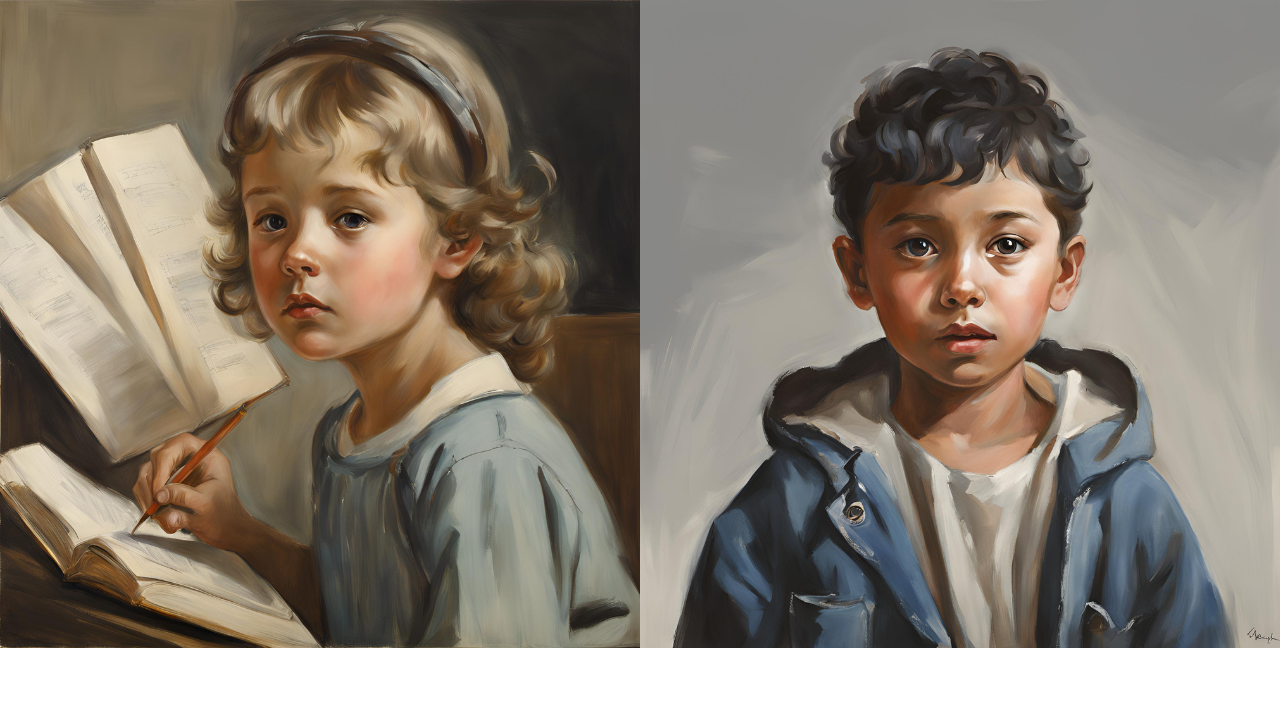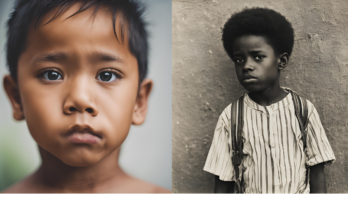Child psychology services play a pivotal role in ensuring the mental and emotional well-being of children. These services, often provided by trained child psychologists and therapists, address a wide range of issues, from behavioral problems to developmental disorders. This article delves into the intricacies of child psychology services, their importance, and how they can make a significant difference in a child’s life.
Table of Contents
ToggleWhat Are Child Psychology Services?
Child psychology services encompass a broad spectrum of therapeutic and diagnostic interventions aimed at understanding and supporting a child’s mental health. These services often include:
- Individual Therapy: One-on-one sessions with a child psychologist to address specific issues such as anxiety, depression, or trauma.
- Family Therapy: Involving family members to address dynamics and improve communication and relationships within the family.
- Group Therapy: Sessions with peers facing similar issues, providing support and shared experiences.
- Assessment and Diagnosis: Evaluating a child’s cognitive, emotional, and social development to identify any underlying issues.

Why Are Child Psychology Services Important?
The formative years of a child are crucial for their overall development. Psychological issues, if left unaddressed, can have long-lasting impacts on a child’s life. Early intervention through child psychology services can help in:
- Early Detection of Issues: Identifying problems early can prevent them from escalating.
- Improved Academic Performance: Addressing emotional and behavioral issues can enhance a child’s ability to focus and perform better in school.
- Better Family Relationships: Therapy can improve communication and reduce conflicts within the family.
- Enhanced Social Skills: Therapy can help children develop better interpersonal skills and build healthy relationships.
Personal Anecdote: A Mother’s Journey
I remember a close friend of mine, Sarah, who faced significant challenges with her son, Alex. At the age of six, Alex started exhibiting signs of severe anxiety. He would cry uncontrollably when separated from his mother, had difficulty sleeping, and often complained of stomach aches without any medical cause.
Sarah was initially hesitant to seek help, thinking that Alex’s behavior was just a phase. However, as the situation worsened, she decided to consult a child psychologist. This decision marked the beginning of a transformative journey for both Sarah and Alex.
Through individual therapy, the psychologist worked with Alex to understand the root causes of his anxiety. They used play therapy, a technique where children use toys to express their feelings, to help Alex articulate his fears and anxieties. Additionally, family therapy sessions helped Sarah and her husband understand how they could better support their son.
Over time, Alex’s anxiety reduced significantly. He became more confident, his school performance improved, and the family dynamics became much healthier. This personal anecdote underscores the profound impact that child psychology services can have on a child’s life and their family’s well-being.
Common Issues Addressed by Child Psychologists
Child psychologists address a wide range of issues, including:
- Anxiety Disorders: Excessive worry, fear, or anxiety that affects a child’s daily life.
- Depression: Persistent sadness, loss of interest in activities, and other symptoms that interfere with a child’s functioning.
- Behavioral Problems: Issues such as ADHD, oppositional defiant disorder, and conduct disorder.
- Developmental Disorders: Conditions such as autism spectrum disorder (ASD) and intellectual disabilities.
- Trauma and Abuse: Addressing the psychological impact of traumatic experiences or abuse.

Techniques Used in Child Psychology
Child psychologists employ various techniques tailored to the child’s needs. Some of the commonly used methods include:
- Play Therapy: Utilizes play to help children express their emotions and resolve psychosocial challenges.
- Cognitive-Behavioral Therapy (CBT): Focuses on changing negative thought patterns and behaviors.
- Family Therapy: Addresses family dynamics and aims to improve communication and relationships.
- Art Therapy: Uses creative expression to help children process their emotions and experiences.
- Behavioral Therapy: Aims to reinforce positive behaviors and reduce problematic ones.
How to Find the Right Child Psychologist
Finding the right child psychologist is crucial for effective treatment. Here are some tips to help you choose:
- Check Credentials: Ensure the psychologist is licensed and has specialized training in child psychology.
- Seek Recommendations: Ask for referrals from your pediatrician, school counselor, or other parents.
- Evaluate Experience: Look for a psychologist with experience in treating the specific issues your child is facing.
- Consider Compatibility: The child should feel comfortable with the psychologist. A good rapport is essential for effective therapy.
- Review Treatment Approaches: Understand the methods and approaches the psychologist uses and ensure they align with your child’s needs.
The Role of Parents in Child Psychology Services
Parents play a vital role in the success of child psychology services. Here’s how they can support their child:
- Be Involved: Participate in therapy sessions when appropriate and stay engaged in the process.
- Provide a Supportive Environment: Create a safe and nurturing environment at home.
- Communicate Openly: Encourage open communication and listen to your child’s concerns without judgment.
- Follow Through with Recommendations: Implement the strategies and recommendations provided by the psychologist.
- Be Patient: Progress can take time, so it’s important to be patient and supportive throughout the process.

Conclusion
Child psychology services are essential in addressing and resolving various mental health and developmental issues in children. Early intervention, tailored therapeutic approaches, and active parental involvement can significantly improve a child’s mental and emotional well-being. By seeking help from qualified child psychologists, parents can ensure their children receive the support they need to thrive.
Sarah’s experience with Alex is a testament to the transformative power of child psychology services. With the right support, children can overcome their challenges and lead happy, healthy lives. If you suspect your child may benefit from psychological services, don’t hesitate to seek help. The earlier the intervention, the better the outcomes for your child’s future.




Can you be more specific about the content of your article? After reading it, I still have some doubts. Hope you can help me. https://www.binance.com/es-MX/register?ref=JHQQKNKN
Can you be more specific about the content of your article? After reading it, I still have some doubts. Hope you can help me.
I don’t think the title of your article matches the content lol. Just kidding, mainly because I had some doubts after reading the article.
Thanks for sharing. I read many of your blog posts, cool, your blog is very good.